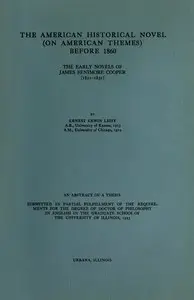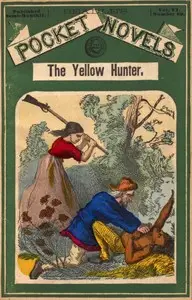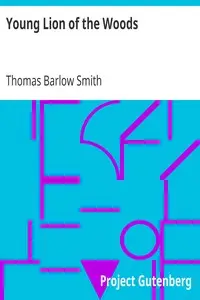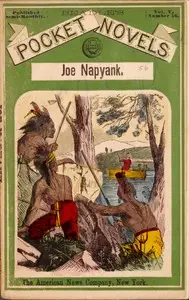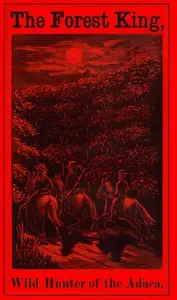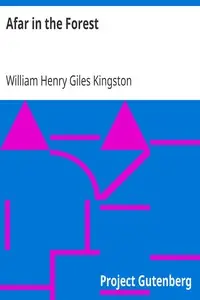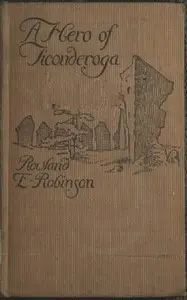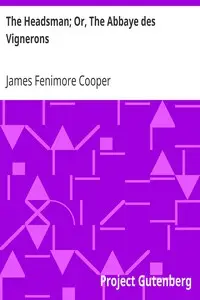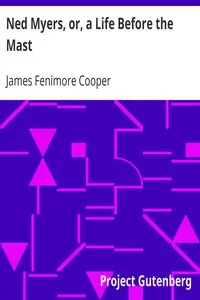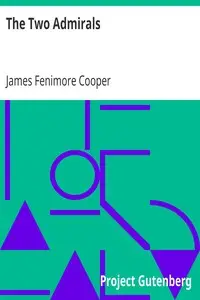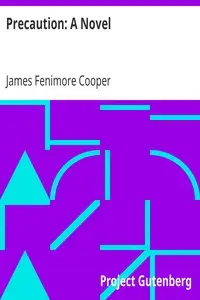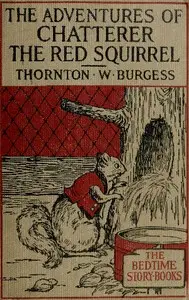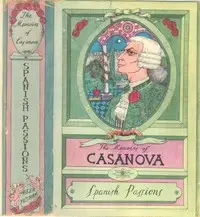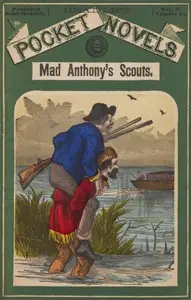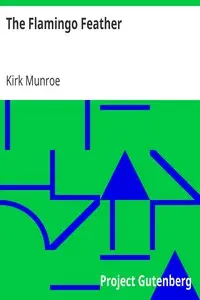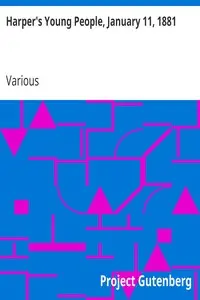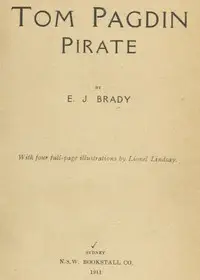"Oak Openings" by James Fenimore Cooper is a historical fiction novel set in the early nineteenth century, exploring the themes of nature, humanity, and cultural relationships within the American wilderness. The narrative centers on Ben Boden, nicknamed Buzzing Ben, a skilled bee-hunter navigating the rugged frontier life. The story begins in Michigan in 1812, introducing a serene landscape and characters like Gershom Waring, Elksfoot, and Pigeonswing. As Ben demonstrates he is skilled at capturing bees, the dialogue unfolds, revealing their diverse backgrounds and intentions. The story builds with tension, that hints at cultural clashes, impending war, plus looks deeper into conflict within the group.
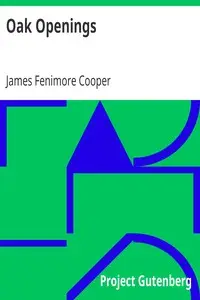
Oak Openings
By James Fenimore Cooper
In the early 19th-century American wilderness, a bee hunter's life is disrupted by cultural clashes, impending conflict, and the struggle for survival
Summary
About the AuthorJames Fenimore Cooper was an American writer of the first half of the 19th century, whose historical romances depicting colonial and indigenous characters from the 17th to the 19th centuries brought him fame and fortune. He lived much of his boyhood and his last fifteen years in Cooperstown, New York, which was founded by his father William Cooper on property that he owned. Cooper became a member of the Episcopal Church shortly before his death and contributed generously to it. He attended Yale University for three years, where he was a member of the Linonian Society.
James Fenimore Cooper was an American writer of the first half of the 19th century, whose historical romances depicting colonial and indigenous characters from the 17th to the 19th centuries brought him fame and fortune. He lived much of his boyhood and his last fifteen years in Cooperstown, New York, which was founded by his father William Cooper on property that he owned. Cooper became a member of the Episcopal Church shortly before his death and contributed generously to it. He attended Yale University for three years, where he was a member of the Linonian Society.

